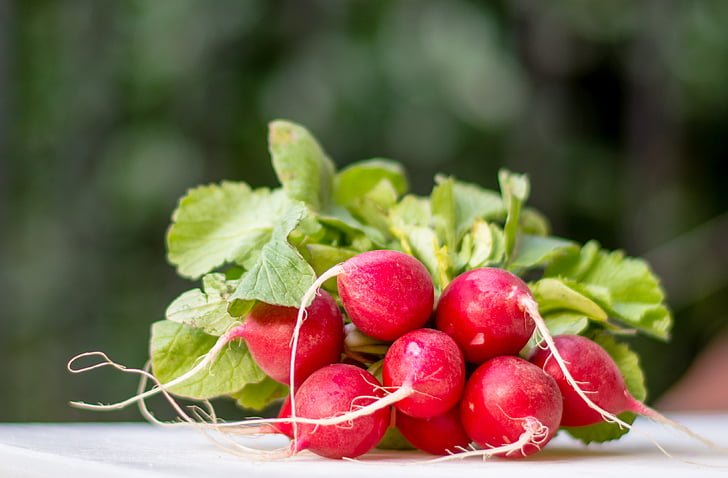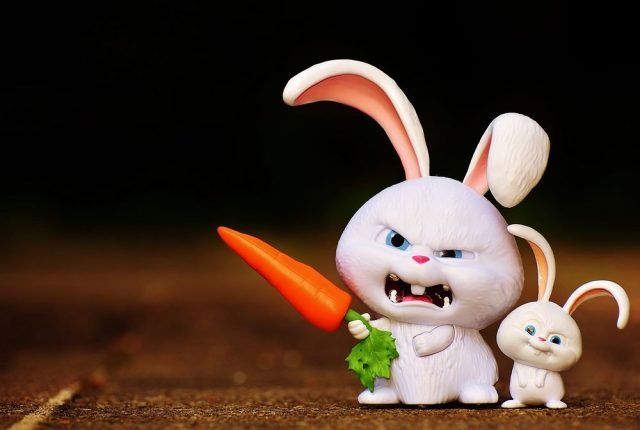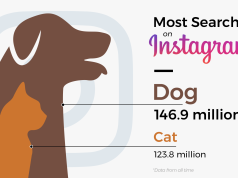Discover crucial tips for a healthy rabbit diet. Learn about essential nutrients, feeding guidelines, and more for optimal rabbit nutrition.
Table of Contents
Understanding a Healthy Rabbit Diet
As herbivores, rabbits have digestive systems built to handle a diet heavy in fibre. For their health, a balanced diet that encourages healthy digestion and prevents obesity is essential. You can guarantee your pet a long and happy life by being aware of what makes up a nutritious diet for rabbits.

Essential Nutrients for Rabbits
Rabbits require a variety of nutrients to stay healthy. Here’s a summary of the key ingredients in a wholesome rabbit diet.
High-Quality Hay
Hay should be the cornerstone of a rabbit’s diet. It provides the necessary fibre to maintain healthy digestive function and prevent issues like GI stasis. The best types of hay for rabbits include:
- Timothy Hay: This high-fiber, low-calcium hay is perfect for adult rabbits.
- Alfalfa Hay: Rich in calcium and protein, ideal for growing young rabbits and nursing moms.
- Orchard grass is a good alternative for variety and is also high in fibre.
Hay should be available to your rabbit at all times, as it helps to wear down their constantly growing teeth and supports their overall digestive health.
Fresh Vegetables and Greens
Fresh vegetables and leafy greens are an essential part of a rabbit’s diet, providing vitamins, minerals, and hydration. Aim to offer a variety of these daily:
- Leafy Greens: Romaine lettuce, kale, bok choy, and parsley are excellent choices.
- Non-Leafy Vegetables: Carrots, bell peppers, and broccoli can be included in moderation.
- Herbs: The nutrients and variety of mint, basil, and cilantro are added.
Gradually introduce different vegetables, keeping an eye out for any negative reactions. Aim for about 1 cup of greens per 2 pounds of body weight per day.
Feeding Guidelines for a Healthy Rabbit Diet
Feeding your rabbit the right way is as important as choosing the right foods. Follow these guidelines to ensure your rabbit’s diet is well-balanced and properly portioned.
Portion Control
Rabbits have small stomachs and should eat small amounts frequently. Here are some portion guidelines:
- Hay: Unlimited, as it should be the bulk of their diet.
- Vegetables: About 1 cup of leafy greens per 2 pounds of body weight daily.
- Pellets: While not a necessity, a small amount of high-quality pellets can be included. For adult rabbits, 1/4 to 1/2 cup per 6 pounds of body weight per day is sufficient.
Avoid overfeeding pellets, as they can contribute to obesity if given in excess.
Hydration and Water Intake
Your bunny should always have access to fresh water. Rabbits can be fed from a bowl or a bottle of water. Make sure the water is fresh and replaced every day. Drinking enough water helps with digestion and general health.
Avoiding Harmful Foods for Rabbits

Not all foods are safe for rabbits. Some can be harmful or even toxic. Here’s a list of foods to avoid:
- Processed foods: bread, pasta, cookies, and crackers.
- High-Sugar Fruits: Limit fruits like bananas and grapes to occasional treats due to their high sugar content.
- Nightshade Vegetables: Potatoes, tomatoes, and eggplants.
- Human Snacks: chocolate, candy, and salty foods.
Understanding and avoiding these harmful foods is crucial for maintaining your rabbit’s health.
By following these guidelines, you can create a well-balanced diet plan that meets all the nutritional needs of your rabbit, ensuring they stay healthy and happy.
Conclusion
For your rabbit to be healthy overall, you must feed them a balanced diet. By understanding the importance of high-quality hay, fresh vegetables, and proper hydration, you can ensure your rabbit receives the nutrients they need to thrive. Remember to follow portion control guidelines and avoid harmful foods to keep your rabbit safe and healthy. A well-balanced diet, combined with regular veterinary care, will help your rabbit live a long, happy, and active life. By committing to these dietary principles, you’ll be supporting your pet’s health and happiness every day.
You May Read Top 10 Best Rabbit Breeds for Pets











